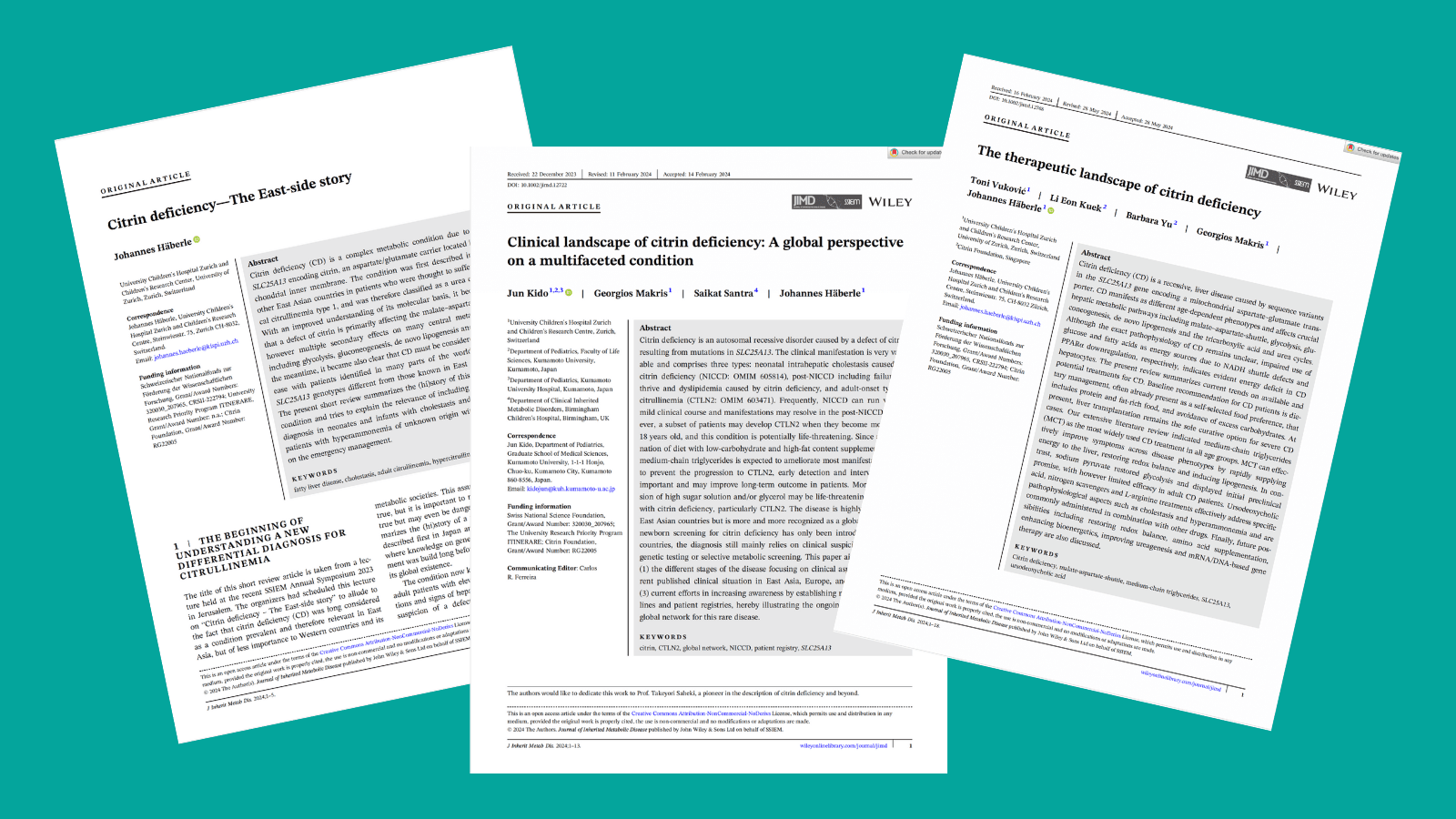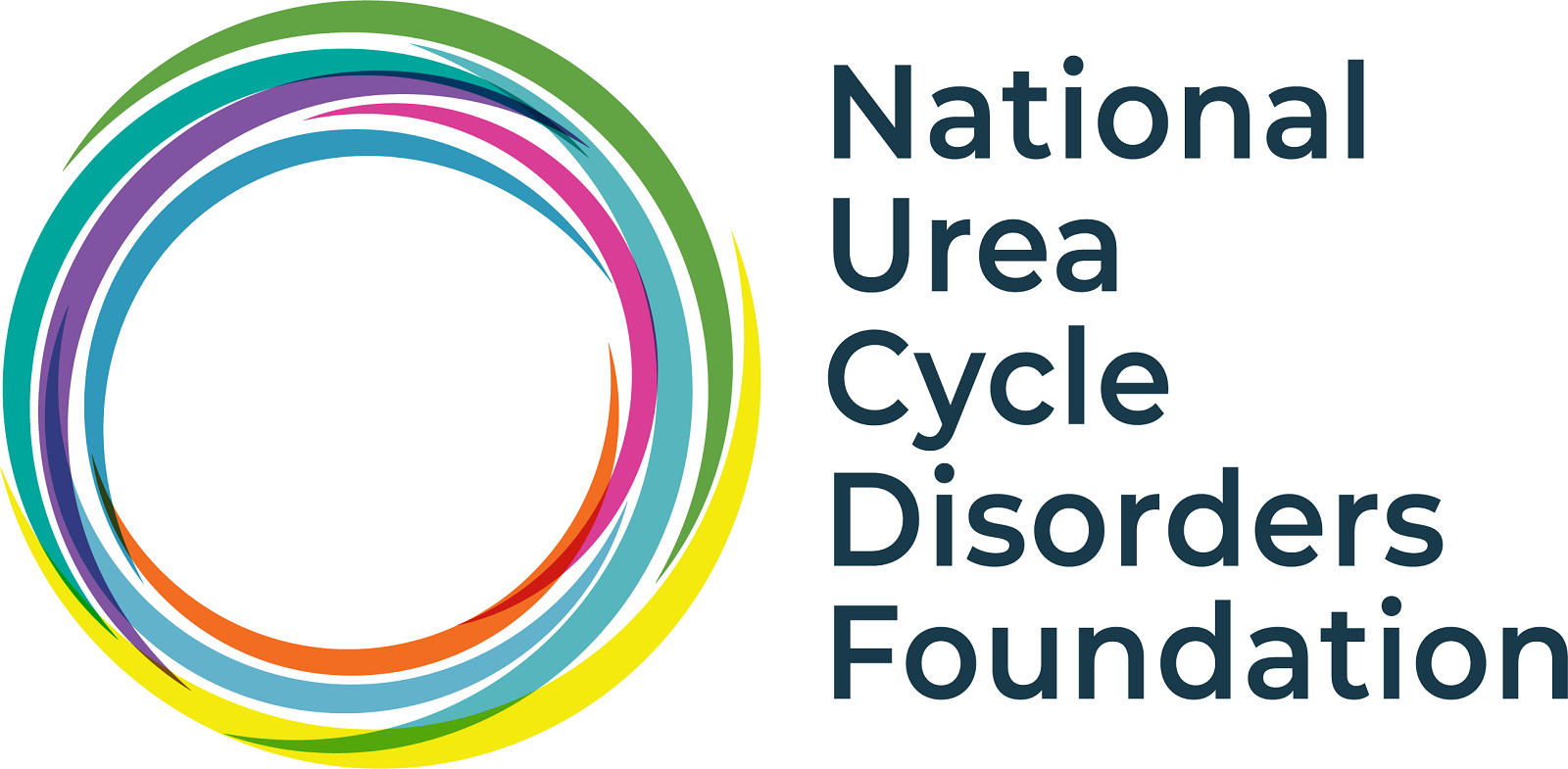
Several recent papers on citrin deficiency, a rare genetic metabolic disorder and a urea cycle disorder, are offering new insights into the disease, its prevalence, and currently available treatment options. The papers were all published in the Journal of Inherited Metabolic Disease and supported in part by the Citrin Foundation, one of NUCDF’s partner organizations.
Citrin deficiency is caused by variants in the SLC25A13 gene. Affected individuals produce either no citrin proteins or incomplete/dysfunctional citrin proteins, leading to problems with the transport of amino acids during the process of metabolism. While most of the urea cycle disorders require that affected individuals restrict protein consumption, people with citrin deficiency must consume foods that are high in fat and protein and limit consumption of carbohydrates.
The disorder was first described in Japan and other East Asian countries, but it has recently become clear that citrin deficiency is a global disease, with patients now being identified in many parts of the world.
The later-onset form of the disease was formerly known as citrullinemia type 2. That term has now fallen out of favor due to confusion caused by the similar names and different treatment approaches. The study authors suggest using the term “adolescent and adult citrin deficiency (AACD)” instead.
Johannes Häberle of University Children's Hospital Zürich and Children's Research Center, University of Zürich in Switzerland, was senior author on all three papers. Li Eon Kuek, PhD, the Citrin Foundation’s director of scientific and medical development, was a co-author on one of the publications. “Taken together, we believe that these publications advance citrin deficiency research by providing an updated insight into the clinical history of this complex condition, as well as a thorough overview of existing and potential treatment options,” says Kuek.
The most recent paper, The Therapeutic Landscape of Citrin Deficiency, provides the first comprehensive literature review of the efficacy and limitations of the current treatment options for citrin deficiency and discusses potential novel therapies.
Notably, this paper includes an in-depth review of the efficacy of medium-chain triglycerides, the most widely used supplement for citrin deficiency, in treating different phenotypes across multiple studies.
The second publication, Citrin deficiency – The East Side Story, provides a concise summary of the history of the condition and its phenotypes, the importance of including CD as part of the differential diagnosis, and the current global prevalence of the condition.
A paper published earlier, Clinical Landscape of Citrin Deficiency: A Global Perspective on a Multifaceted Condition, comprehensively reviewed the existing literature on the clinical landscape of citrin deficiency and provided an updated global overview of the condition, examining its genetic basis, diverse clinical presentations, newborn screening, diagnosis, and clinical research.
Citrin Foundation is a research-driven, not-for-profit organization set up to tackle citrin deficiency, a monogenetic condition which is an inborn error of metabolism, as well as a urea cycle disorder. The foundation is working to ultimately find effective treatments and a cure for the condition. It funds research projects to better understand the condition and develop new therapies. It also provides support to citrin deficiency patients and their families globally.
